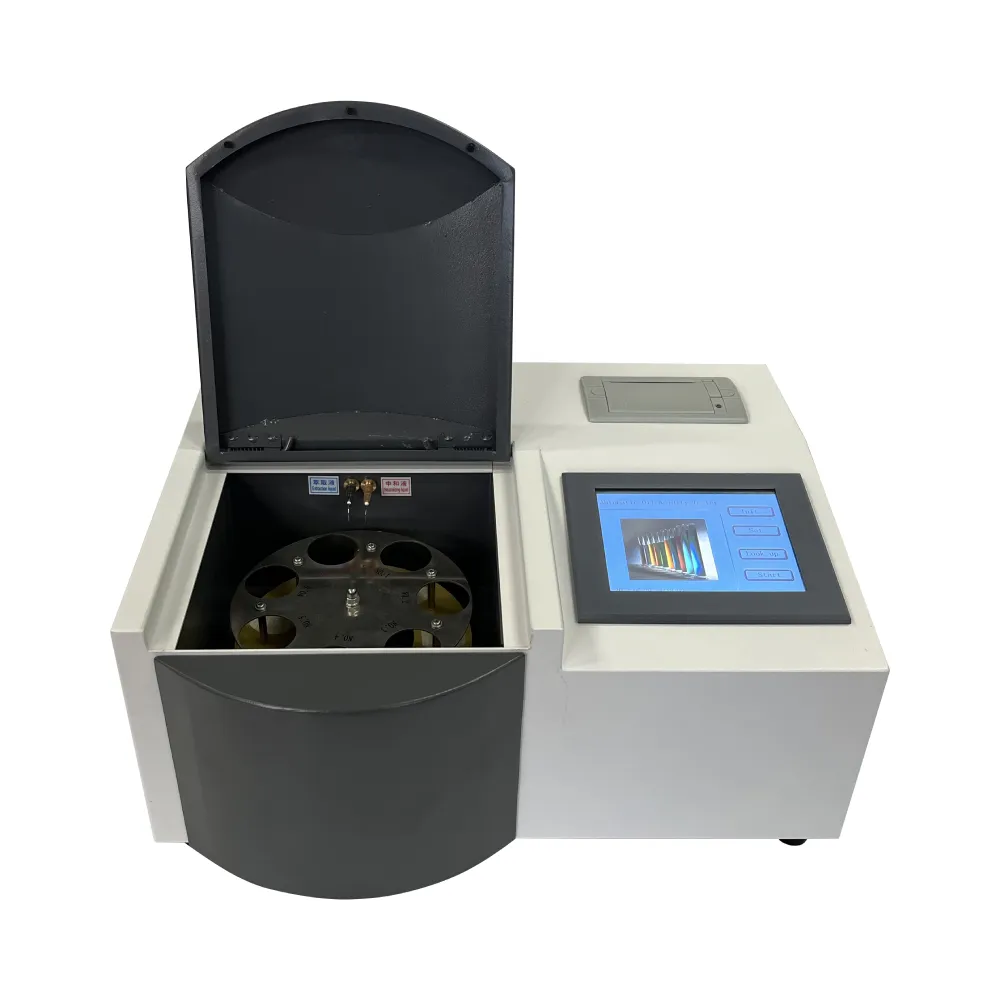 English
English


Measuring Dielectric Constant Using Advanced Meter Technology for Material Analysis
Understanding Dielectric Constant Meters A Comprehensive Guide
The dielectric constant, also known as the relative permittivity, is a crucial property of materials that defines how they interact with electric fields. It measures a material's ability to store electrical energy in an electric field. For engineers, scientists, and researchers, understanding and measuring the dielectric constant is essential for applications in electronics, materials science, and environmental studies. This is where dielectric constant meters come into play.
What is a Dielectric Constant Meter?
A dielectric constant meter is a specialized device designed to measure the dielectric constant of various materials, including solids, liquids, and powders. The instrument applies an electric field to the material and determines how this field affects the electrical properties of the material, thus allowing for the calculation of its dielectric constant.
Dielectric constant meters vary widely in design and functionality. Some are handheld devices suitable for fieldwork, while others are sophisticated lab instruments providing high precision and a wide range of measurement capabilities. The choice of meter often depends on the specific requirements of the project, including the type of material being tested and the level of precision needed.
How Does a Dielectric Constant Meter Work?
Most dielectric constant meters utilize either a capacitance method or a time-domain reflectometry (TDR) method to determine the dielectric constant.
1. Capacitance Method In this approach, a known capacitor is paired with the material under test. When an electric field is applied, the capacitance is measured. The dielectric constant can then be calculated based on the change in capacitance caused by the presence of the material.
2. Time-Domain Reflectometry (TDR) TDR measures the time it takes for a pulse of energy to travel through a material. By analyzing the reflection and transmission of the pulse, the dielectric constant can be derived. This method is particularly beneficial for measuring the dielectric properties of materials with varying geometries and moisture contents.
Applications of Dielectric Constant Meters
dielectric constant meter

The applications of dielectric constant meters are vast and varied across multiple fields.
- Material Science In the development of new materials, understanding the dielectric properties is critical for electronic component fabrication, such as capacitors, insulators, and substrates for semiconductors.
- Electronics Manufacturers use dielectric constant measurements to optimize designs for components such as cables, antennas, and circuit boards. Knowing the dielectric properties helps in reducing signal loss and improving overall performance.
- Agriculture Soil moisture measurement is another significant application. By assessing the dielectric constant of soil, farmers can monitor water content, enabling more effective irrigation management.
- Environmental Studies Dielectric constant meters are also used in studying pollutants and contaminants in various environmental media, such as groundwater and sediments.
Choosing the Right Dielectric Constant Meter
When selecting a dielectric constant meter, several factors should be considered
- Measurement Range Ensure the meter can handle the range of materials you plan to test. - Accuracy and Precision Look for devices that offer high accuracy for critical applications. - Ease of Use Depending on the environment (lab or field), consider a device that is user-friendly. - Calibration and Maintenance Ensure that the device comes with clear calibration protocols and is easy to maintain to ensure consistent performance.
Conclusion
Dielectric constant meters play a pivotal role in numerous scientific and industrial applications. By providing critical insights into how materials interact with electric fields, these meters facilitate the development and optimization of a wide array of technologies. As advancements in measurement techniques continue to evolve, the importance of understanding dielectric properties will only increase, opening new doors for innovation across various sectors. Whether in a laboratory or a field application, dielectric constant meters remain an invaluable tool for professionals in material science, electronics, agriculture, and environmental studies.
-
Differences between open cup flash point tester and closed cup flash point testerNewsOct.31,2024
-
The Reliable Load Tap ChangerNewsOct.23,2024
-
The Essential Guide to Hipot TestersNewsOct.23,2024
-
The Digital Insulation TesterNewsOct.23,2024
-
The Best Earth Loop Impedance Tester for SaleNewsOct.23,2024
-
Tan Delta Tester--The Essential Tool for Electrical Insulation TestingNewsOct.23,2024





